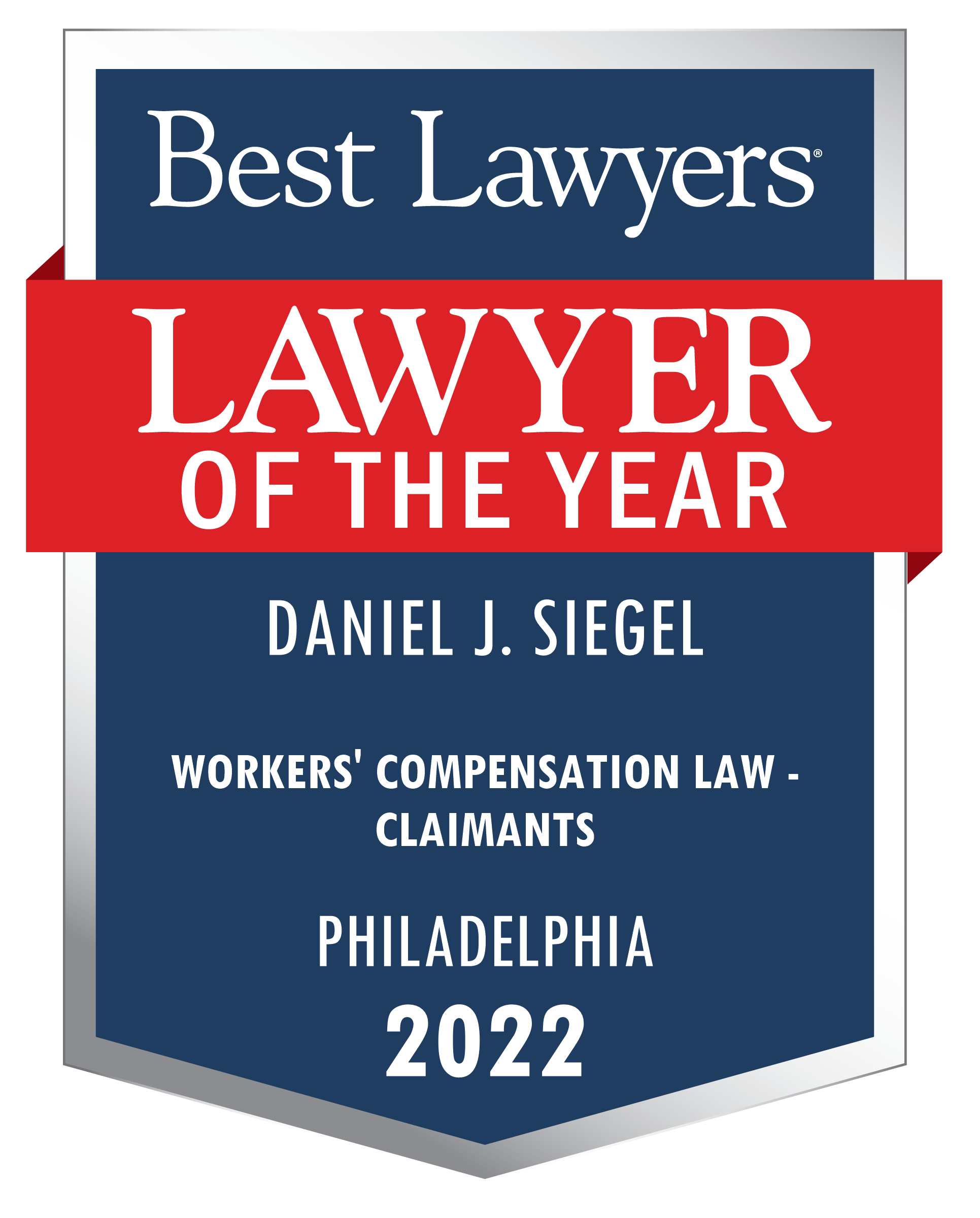Two New Workers’ Compensation Decisions Highlight the Fragility of Credibility Findings
In the last week, two Commonwealth Court opinions highlight the difference between the Court’s stated view – that it won’t overturn credibility findings supported in the record – and the reality that Courts do it all the time when they desire a specific result.
One of the cases, Arvilla Oilfield Services, Inc. v. Workers’ Compensation Appeal Board (Carlson), dealt with the thorny issue of what testimony constitutes MMI (maximum medical improvement) when an IRE (Impairment Rating Evaluation) is done. In Arvilla, the Commonwealth Court disregarded the WCJ’s credibility findings in order to reach its desired conclusion.
In the other case, Wetzel v. Workers’ Compensation Appeal Board (Parkway Service Station), the Court reversed the Appeal Board’s Order, and reinstated the WCJ’s findings in support of a decision granting a Claim Petition. Thus, the Court seems to be flip-flopping on whether it will rely on a WCJ’s findings of credibility. Interestingly, the Court appeared to reach the correct result in both cases.
In Arvilla Oilfield Services, the employer requested an Impairment Rating Evaluation (IRE), after which it sought to change the employee’s disability from total to partial. The employee challenged the attempted change in status. The employer’s physician testified that claimant had reached MMI; although claimant did not present evidence directly opposing the IRE, his physician (testifying in a companion petition) never opined whether claimant had reached MMI.
The WCJ rejected the employer physician’s testimony that claimant had reached MMI. The Board affirmed and the Commonwealth Court reversed, noting that claimant’s doctor “did not testify on the issue of maximum medical improvement” and that it could not be inferred from his testimony that claimant had not reached MMI. Thus, because the evidence did not support the WCJ’s finding that claimant had not reached MMI, the Court reversed. Interestingly, the Court never noted that the WCJ could have simply rejected the employer’s medical witness’ testimony, but did not do so. In dissent, Judge Pellegrini argued that the WCJ made a credibility finding about the physician-witness and that credibility is within the WCJ’s discretion.
On the other hand, in Wetzel, the Court reversed the Appeal Board and specifically noted that the WCJ’s credibility findings were supported by the evidence. Wetzel ultimately focuses on the narrower issues of “furthering the employer’s interest” and violation of a “positive work rule.” In Wetzel, the claimant was killed while chasing after a robber on the employer’s premises at a time when he was not scheduled to work. The Court found that the claimant/decedent was entitled to workers’ compensation benefits because his actions were in furtherance of the employer’s interest.
Our office regularly addresses these types of complicated workers’ compensation issues – both on behalf of our clients and on behalf of other attorneys who hire us to represent their clients’ interests on appeal. Daniel J. Siegel, Esquire and Molly Barker Gilligan, Esquire were co-counsel in Verizon Pennsylvania Inc. v. Workers’ Compensation Appeal Board (Ketterer), 2014 Pa. Commw. LEXIS 162 (Pa. Commw. Ct. Mar. 12, 2014), in which the Commonwealth Court affirmed that a physician must have an active clinical practice in order to be qualified to perform an Impairment Rating Evaluation under the Workers’ Compensation Act.
Dan Siegel was counsel in Denny’s v. Workmen’s Compensation Appeal Board (Stanton), 142 Pa.Cmwlth. 531, 597 A.2d 1241 (1991), a landmark Commonwealth Court decision analyzing what actions by employees are in furtherance of an employer’s business. In Stanton, the Court prominently noted that “Our scope of review is limited to a determination of whether constitutional rights were violated, an error of law was committed, or the referee’s findings of fact are supported by substantial evidence.” Presumably, that remains the standard, although it seems to “shift” at times.







